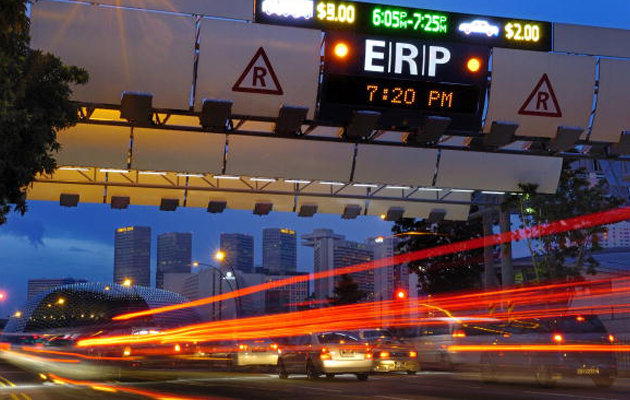Fierce Competition Driving Local Ride-Hailing Industry
Earlier last month, new local start-up Rush announced their foray into the ride-hailing market, claiming it has the tools to give Uber and Grab a run for their money. Now, a locally developed on-demand ride-sharing app called SWAT is looking to do the same.
Here’s the catch: The firm will charge commuters a flat fare of $5 no matter the distance of their rides.
This move bears an uncanny resemblance to American firm Via, with huge presence all over the United States, charging a flat fee of US$5 for any journey between two locations. Via is the creation of two Israeli businessmen, modelled on a fleet of privately owned commuter vans that shadow bus routes in Tel Aviv. In September 2013, the service was introduced in New York, with no marketing to announce its arrival.
The company has not witnessed explosive growth experienced by competitors Uber and Lyft. Via’s creators have attributed this to the dependency on multiple passengers hailing and sharing the same vehicle which makes coordination was more intensive. This has made Via more cautious about expanding. However, they also pointed out that there has been no shortage of people who require rides within Via’s area of operation, where density ensures that many riders will have nearby destinations.
SWAT rides also have several restrictions in place: Rides need to be booked at least 30 minutes in advance or pre-booked the night before by 10pm. Commuters need to walk a distance – no more than 300m – to pre-designated waiting areas that include bus stops, taxi stands and other landmarks. They also have to share their rides with others.
Although rides are only conducted between 7am and 10am during weekdays and cordoned off to a specific few areas, the number of users for the app, which is still in its beta phase, has grown to a whopping 1,000 users in under a month.
The SWAT app comes after the Beeline app, an initiative developed by the Infocomm Development Authority of Singapore, a similar on-demand service that matches users and private bus operators through route suggestions from users. Beeline has an average of 20 to 25 passengers per route, with about 15 pre-determined routes per day.
Analysts have hinted that SWAT could potentially fill a niche in the market for commuters during peak hour who do not want to worry about availabilities of Uber/Grab or taxis.
The ride-hailing market is becoming increasingly saturated, and we are surprised to see entrants piling in to capitalise on the popularity of ride-sharing at lower costs. It will be interesting to see whether new players emerge in the market, or how existing dominant players such as Uber and Grab will react to changes in this evolving market.




